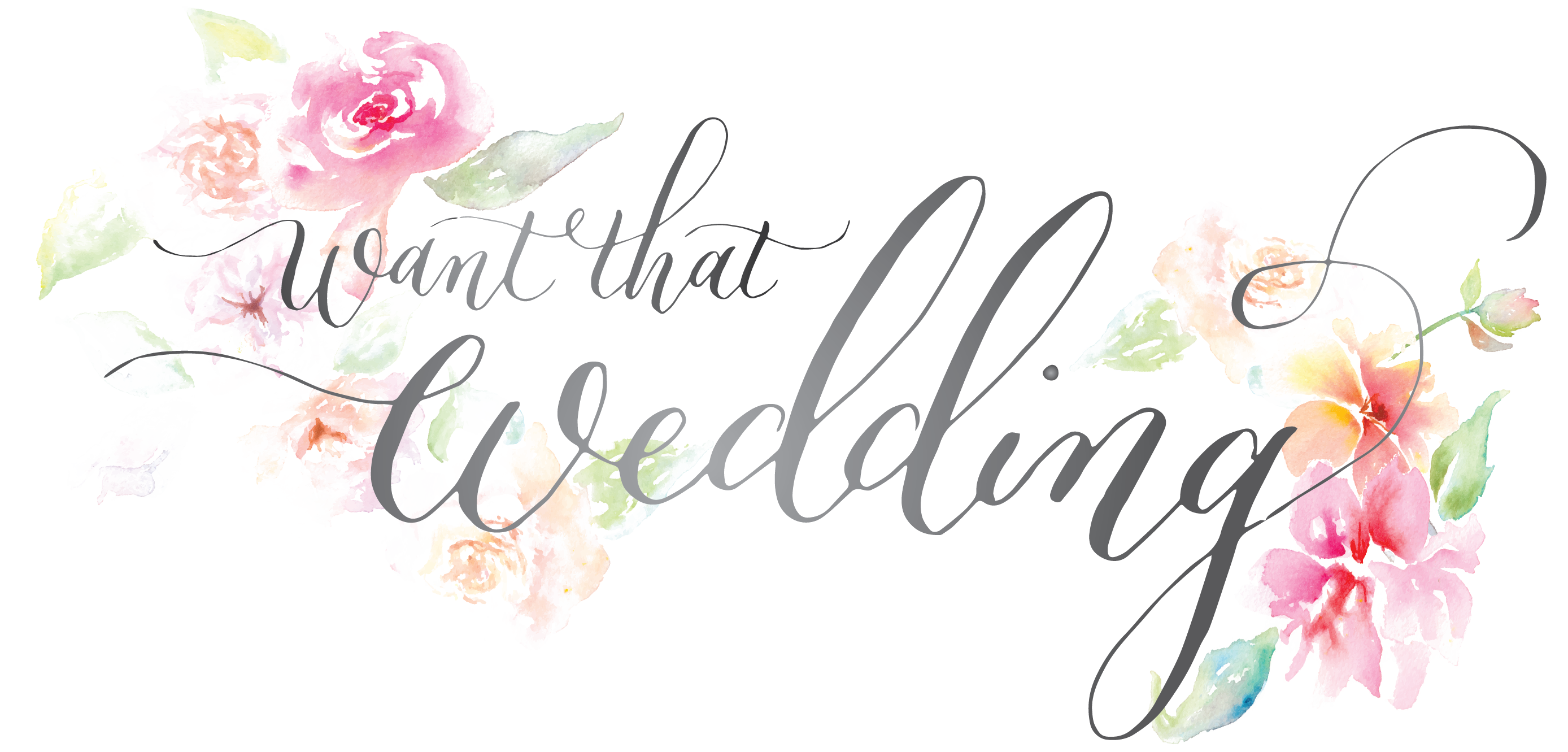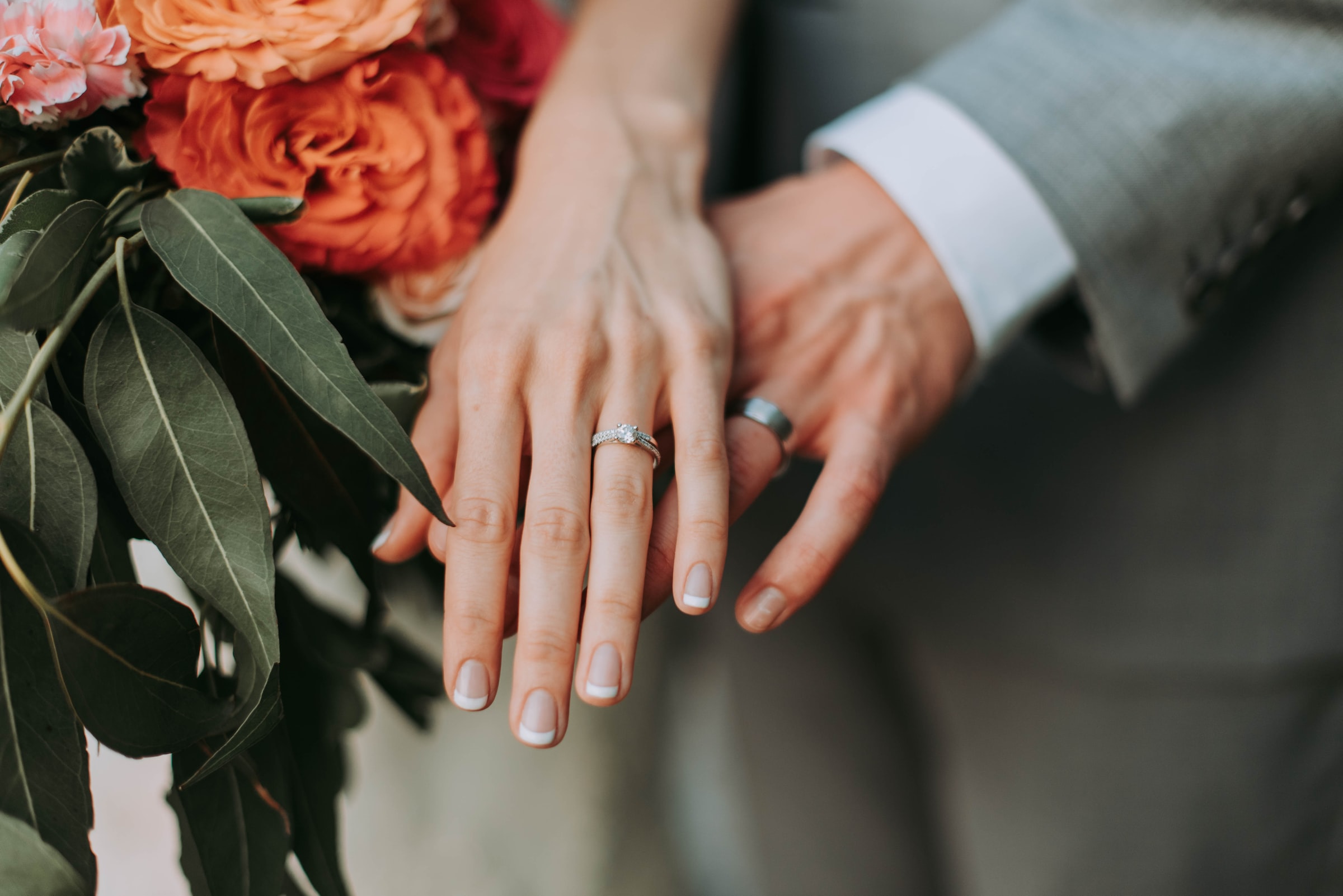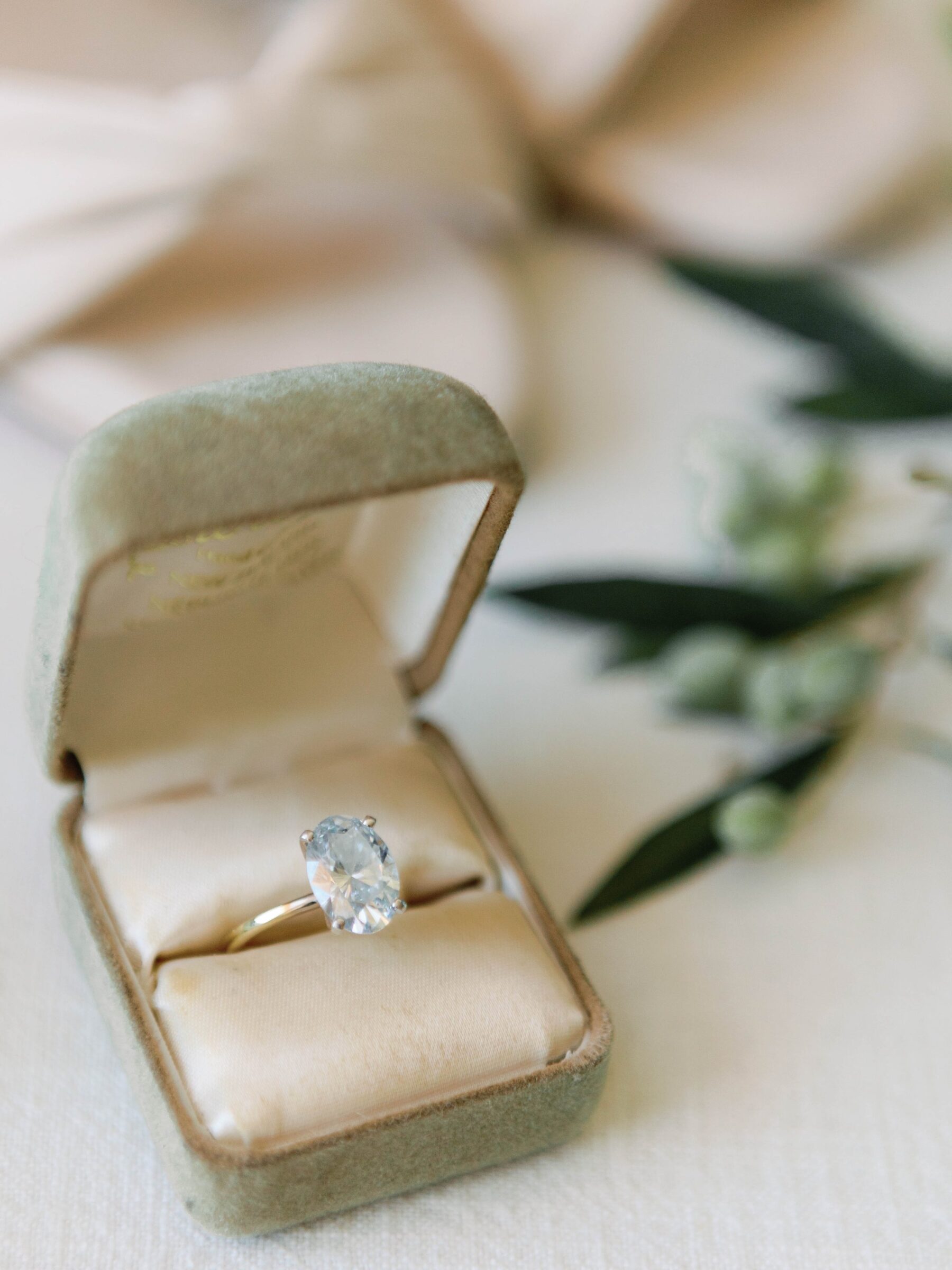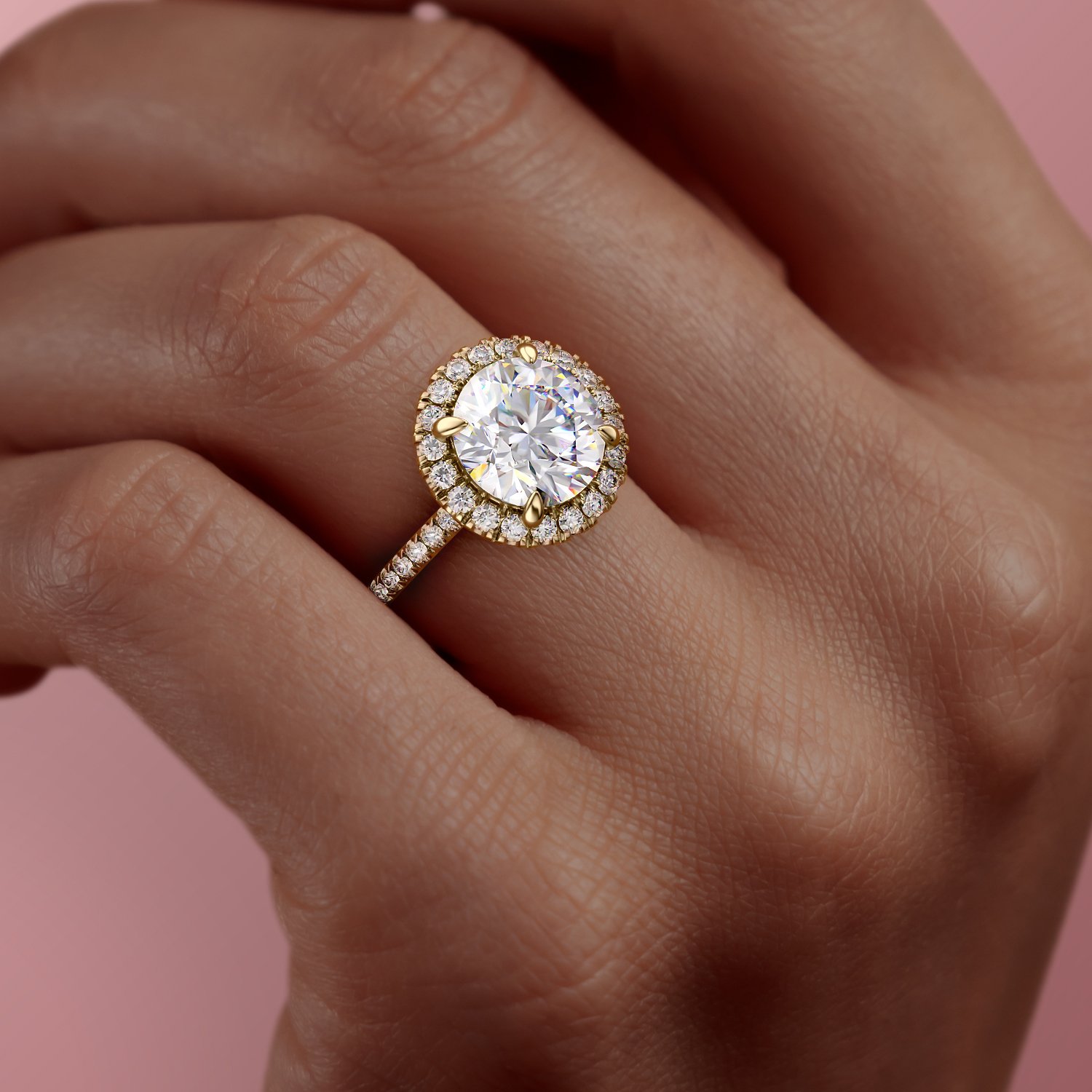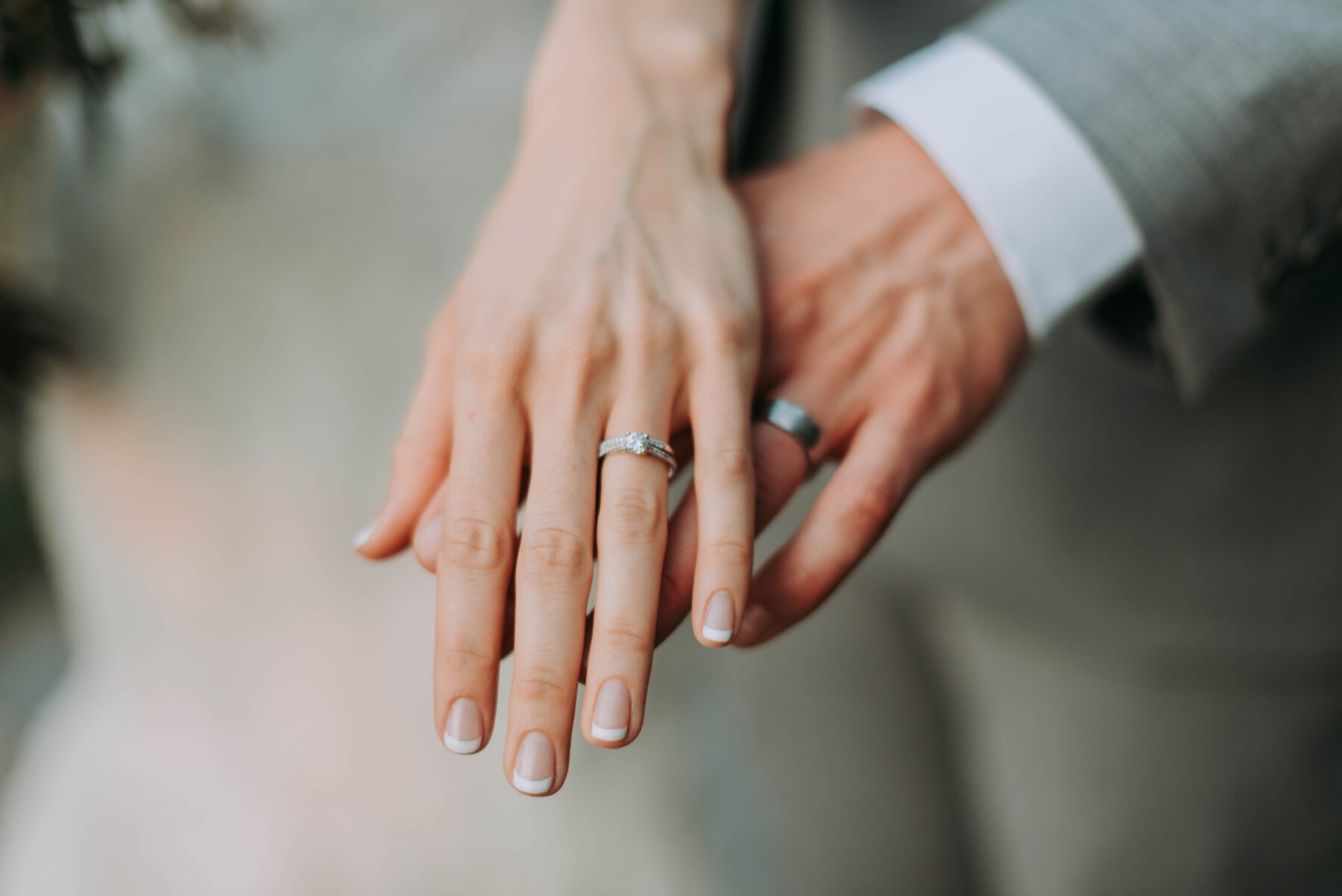
Which Type of Ring Metal should you Choose?
When you’re shopping for rings, you might devote a great deal of thought to the gemstones being incorporated. This is understandable: gemstones attract more attention and contribute to the overall look of the item. But that doesn’t mean you shouldn’t spend time thinking about the metal, too: the supporting role is an important one, even if it isn’t a starring one.
So, what are your options when it comes to ring metal? Let’s take a look at each of the main candidates. Before you make your final decision, it might be worth seeking the advice of a reputable jeweller.
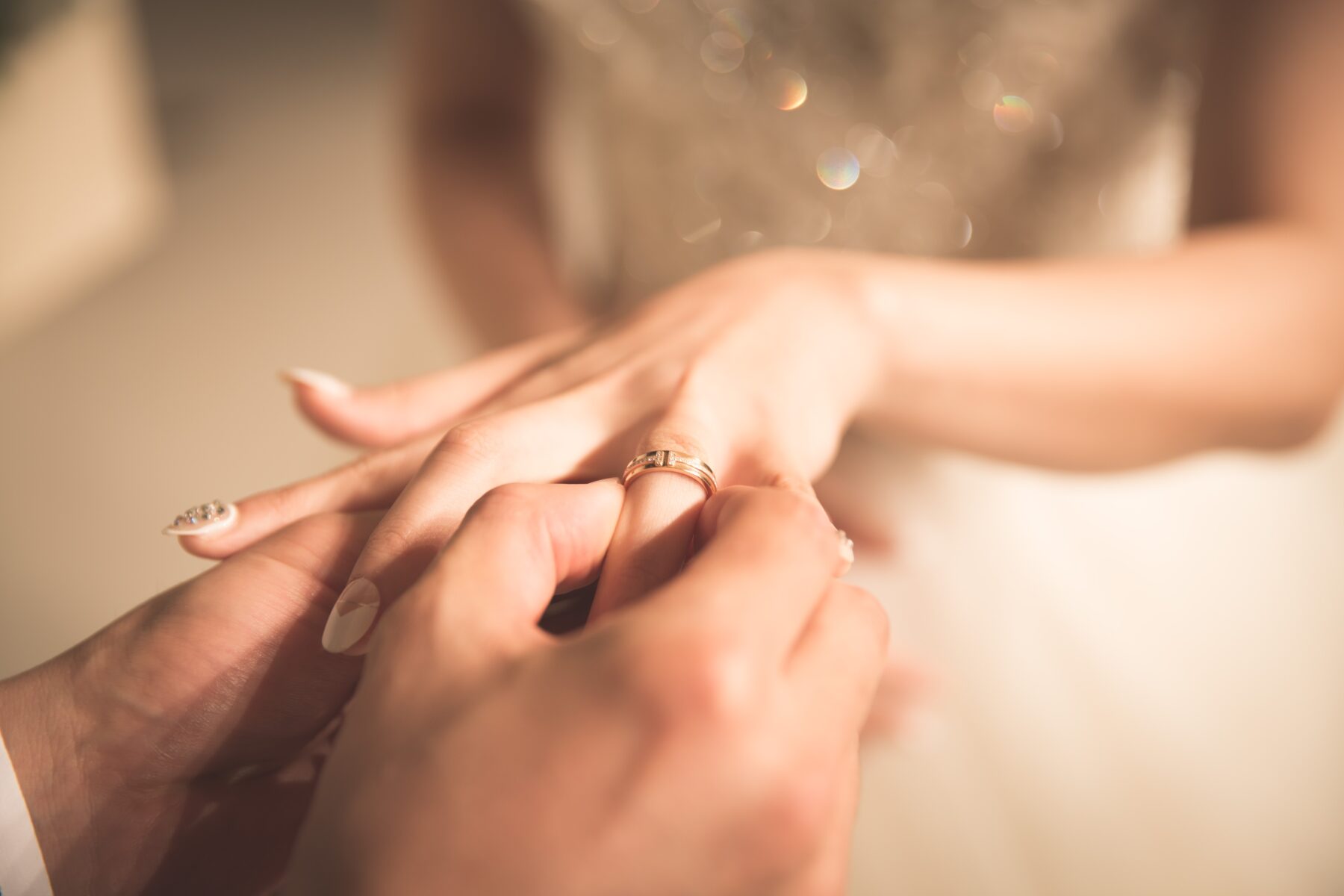
Gold
The classic choice, and one that matches brilliantly with a wide range of gemstones, gold is actually a tremendously versatile metal. You’ll find a range of colour options available, from white to classic yellow to rose. White gold is created by alloying gold with pale metals like palladium or silver, while the inclusion of oxides and surface-plating can create more exotic patterns.
The carat of the metal matters a great deal. A twenty-four-carat band consists of pure gold, while an eighteen-carat band might contain 75% gold. In the UK, 9 carats is the lower legal limit if something is advertised as gold. For jewellery, you’ll tend to want to go higher.
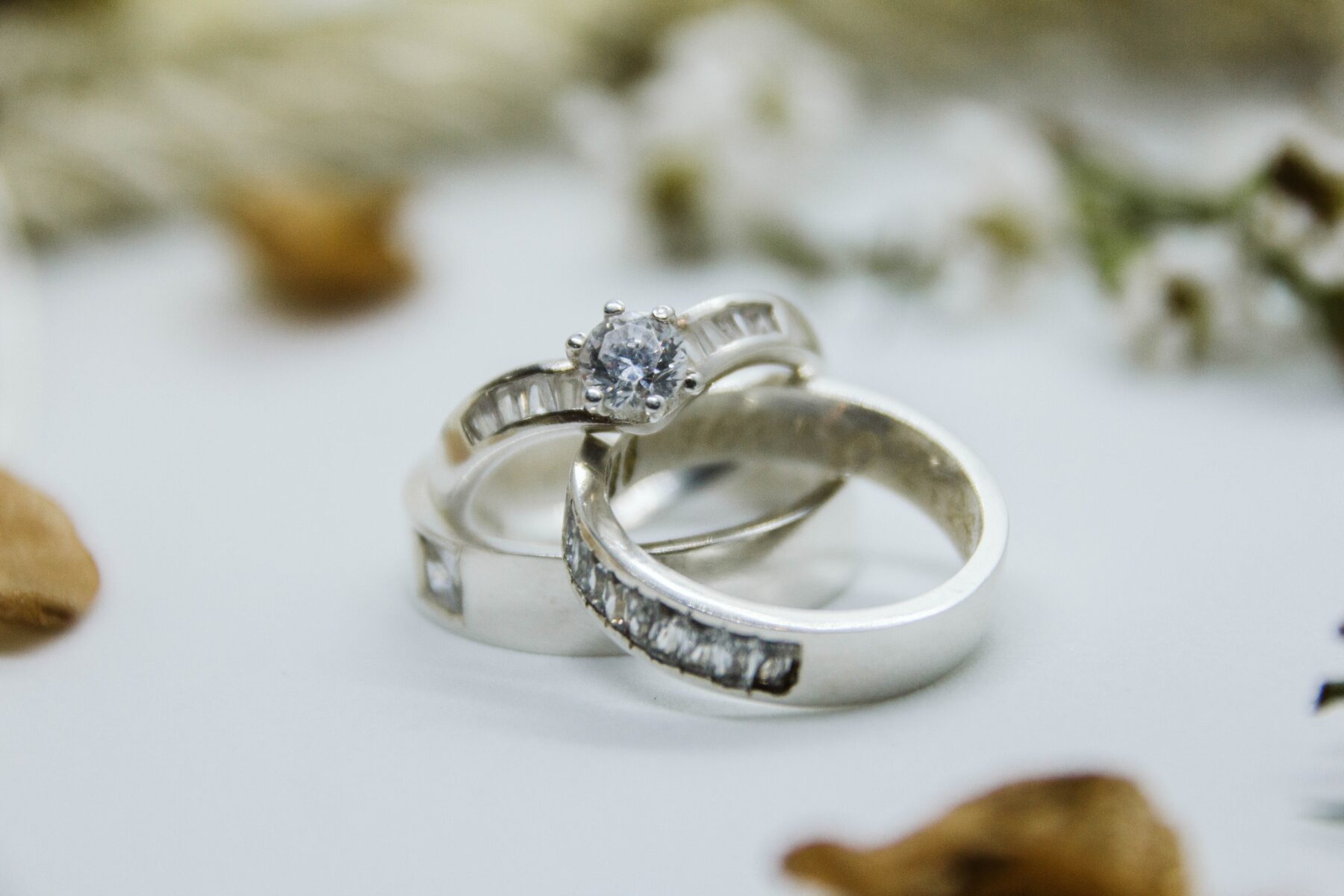
Silver
Silver tends to be thought of as the poor sibling to gold. Just think about the prizes handed out at the Olympic games. But the truth is that it can often pair better with certain kinds of jewellery, and it’s often versatile enough to match a broader array of outfits. The quality of a silver item is typically indicated by a numbered stamp – provided that there’s a convenient space for such a stamp to occupy. Sterling silver will be marked as .925, while pure silver would be marked as 1 if it were sold. In practice, the most you’ll find is .999. But it’s worth bearing in mind that this metal will easily scratch and deform, which makes it a poor choice in most cases.
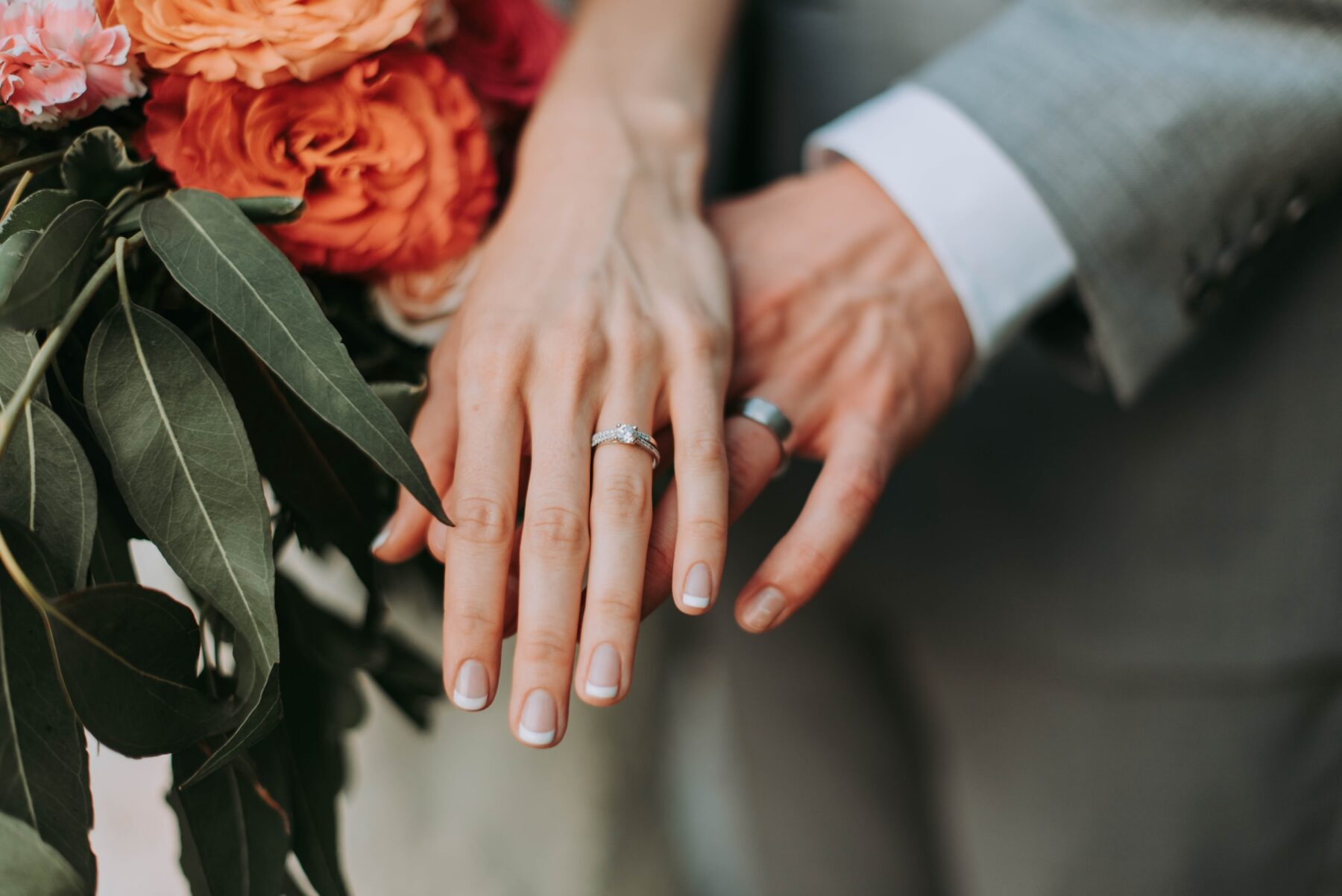
Platinum
Platinum is a hugely prestigious metal, ductile and resistant to wear and tarnish. As such, it’s an excellent choice for jewellery. It’s also expensive and prestigious and makes a great match with a variety of gemstones, thanks to its neutral hue.
Consider your circumstances
Before you make an investment of this size, it’s worth thinking about how well it matches your lifestyle and circumstances. If you’re constantly subjecting your hands to hard wear and tear, and you don’t want to have to worry about caring for your ring, then you might look for something more hard-wearing. You might also consider how well a given metal complements your skin tone. This might mean physically trying a given item on – only then will you see how it really looks on you!

Image credits
Photo by Jeongim Kwon on Unsplash
Photo by Kazzle John Delbo on Unsplash
Photo by Samantha Gades on Unsplash
